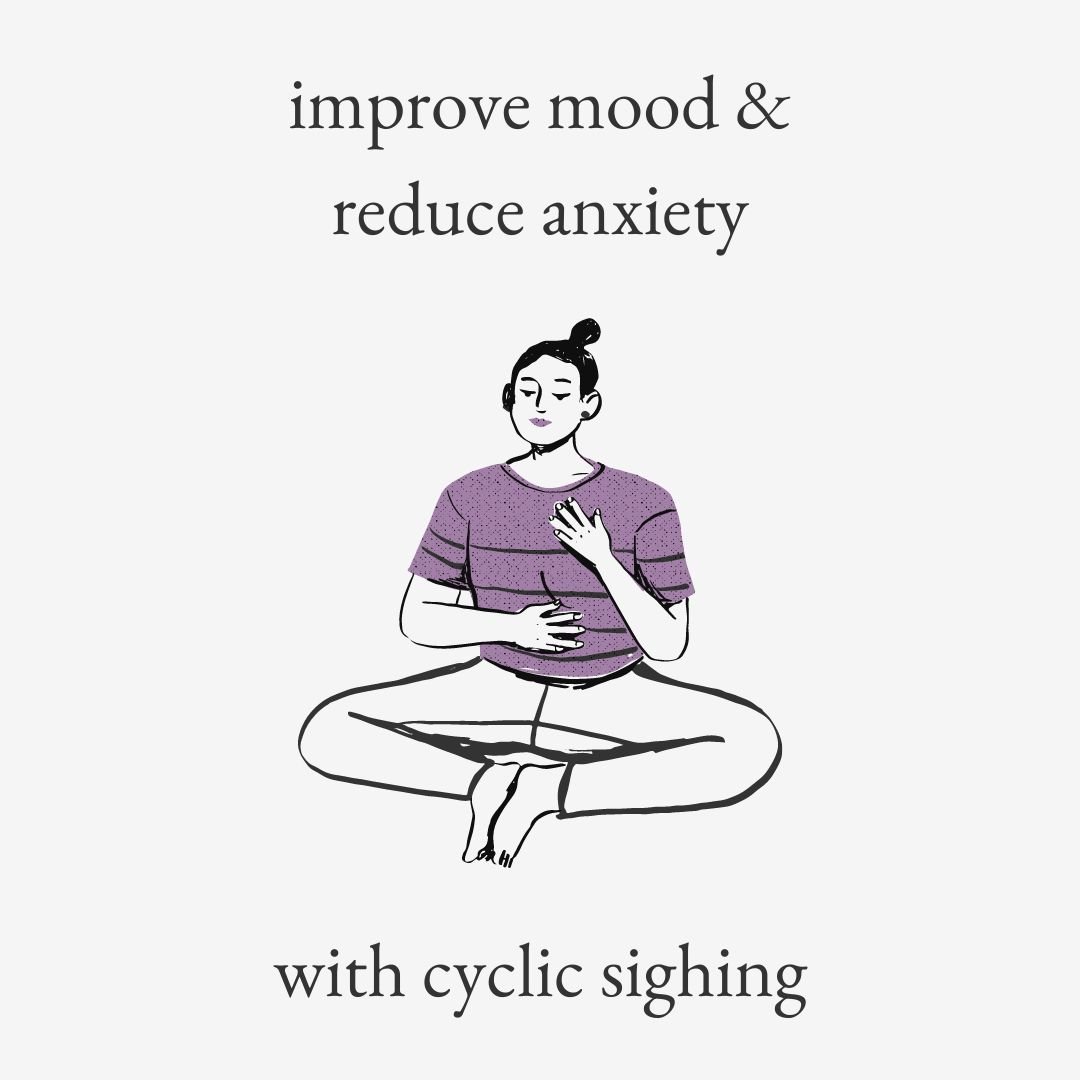Angry? Overwhelmed? Dance it out !
When Intense emotions that are negative or positive, like joy or love, are too big to be contained on a page in your journal, they need to be released in another way. These feelings are your body’s way of letting you know what is happening within you — they are like an email or text message that is needing a ‘Read’ receipt. Once the body knows you have received and accepted the message, the energy behind the emotion will start to soften.
To process fiery emotions, dance it out !
Connecting the vagus nerve to therapy & nutrition
At Flourish!, the vagus nerve is the connector between our treatment models in psychotherapy and our nutritional services and programs. By working with clients to develop vagal tone so they can regulate their cognitive, emotional and social behavior response they can accept the body’s anxious response—rather than resist it—ensuring healthy communication and processing during stressful times. Eating the right foods to ensure healthy digestion and elimination also plays a big role in developing vagal tone.
What IS Trauma?
Often a traumatic experience from a long time ago can show up in the here-and-now and most people won’t be aware that their response to something in the present moment has roots in something from years ago.
Don't wait to exhale: Do it every day to feel happier & decrease anxiety
Now, a new research study published in Cell Reports Medicine January 2023 found that slow and deep inhales through the nose followed by slow and full exhales through the mouth (‘cyclic sighing’) was most effective at improving mood and reducing anxiety - even more effective than mindfulness meditation - when practiced at least five minutes per day for 28 days.
Tips on Coping with Family During the Holidays
Facial gestures, tone of voice, or certain statements from someone in your family can provoke activation of your ‘fight or flight’ response (sympathetic nervous system and this state will dictate the type of behaviors and thought patterns that will follow. Building awareness of your physiological state, such as ‘fight or flight’, can be key in bringing in coping mechanisms to ease family or relationship tension, stress and disagreements. We have some tips to help ground your nervous system so that you can soften the discomfort and still enjoy time with family.
Really listening can soften defensiveness and lead to deeper connection
Listening and social engagement can soften someone who is being defensive or has PTSD. It is usually because they are engaged in ‘fight or flight’ and they can’t just turn it off by themselves. They need connection to another human who cares about them, who really listens to them, lets them know they are heard, validates what they are feeling and saying.






